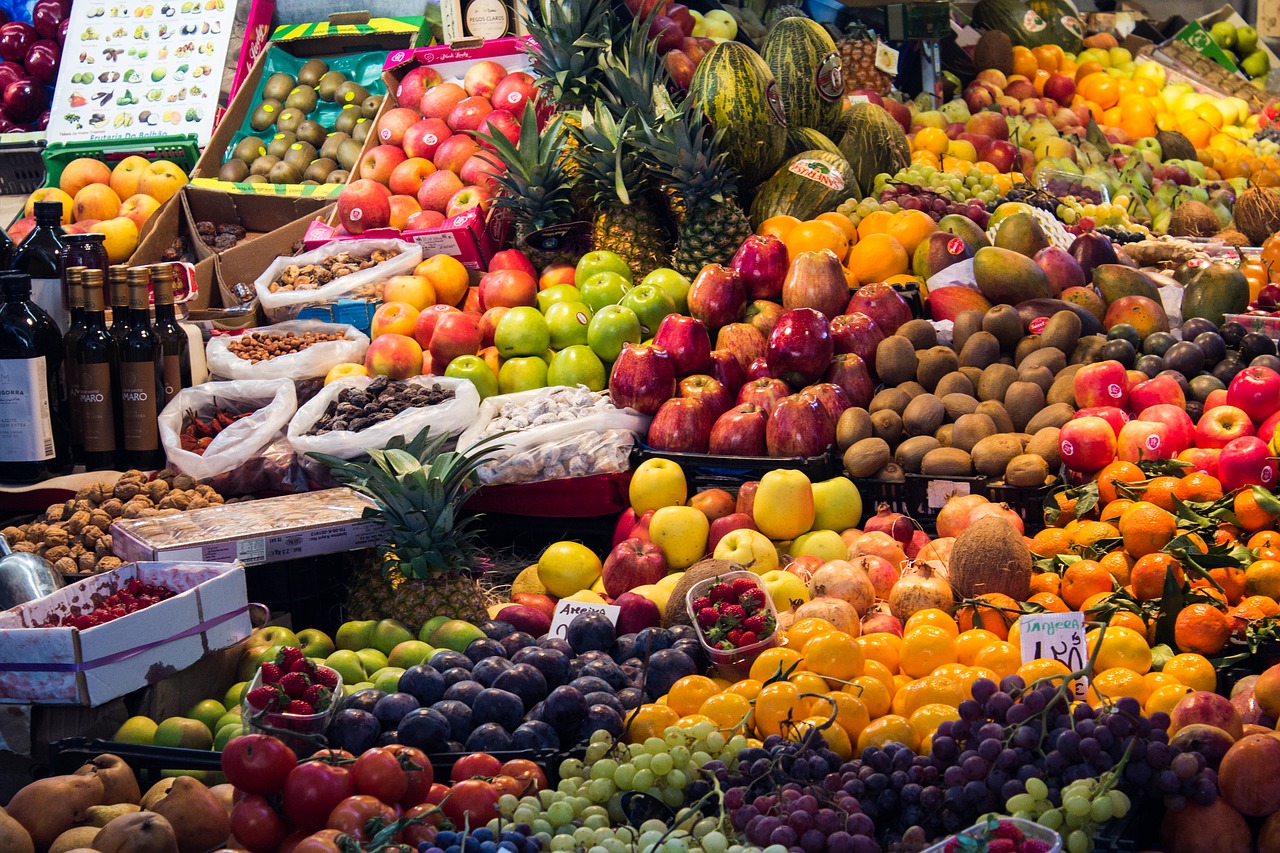
Food waste is a tremendous problem throughout the entire world. Close to one-third of the world’s food goes to waste each year, with the vast majority of that food being fruits and vegetables. This waste is a great economic loss of nearly $1 trillion each year; it is also responsible for roughly 8% of the greenhouse gasses that are released into the atmosphere.
Not all is lost, however. Many organizations and companies have stepped forward to reduce the amount of waste. There are also many things that we can do as individuals to help out. Let’s take a look at some of these initiatives as well as take a closer look at things we can do that can make an impact.
Groups Leading the Drive Towards Reducing Food Waste
Despite this formidable amount of food being wasted every year, by 2015, it was estimated that nearly 24 million people were living in food deserts. These areas, often in poverty-stricken communities, are hot spots for lack of nutritious foods like fruits and vegetables. This lack of healthy foods has become a public health crisis because of the inaccessibility of food and how cost-prohibitive healthier foods may be; high cost and lack of access and education are often socioeconomic issues.
There are some initiatives, however, that are diligently working at reducing both the problem of food waste and food deserts:
- Maryland’s Food Recovery Network, run by the University of Maryland students, takes leftover food from cafeterias and redistributes it to local food pantries and food shelters.
- Hands for Hunger in the Bahamas collects unused food from local hotels and grocery stores and disburses the food to low-income residents.
- The Society of St. Andrew in the United States sends volunteers to local farms to gather produce that is left over after harvest and distributes the produce to food pantries and other organizations that serve marginalized communities.
- Italian organization Last Minute Market reclaims food from farmers, food processing centers, and supermarkets and donates the food to over 40 underprivileged neighborhoods.
Hotels have also stepped forward to reduce their contribution to food waste. Several U.S. hotels including Hyatt, Hilton, and Marriott International are working on a dozen different initiatives to reduce their food waste with an emphasis on both donating food and doing whatever is necessary to divert food from entering landfills.
Innovative Ways to Deal with Food Waste
Of course, not all food can be used to serve the underprivileged. What are ways that old, spoiled food can be used by businesses, besides dumping it into a landfill? Here are a few creative ways that food waste is currently being utilized:
- Toast Ale in London, England, uses old bread procured from bakeries and delis to create their beers.
- Celibius, a biotechnology company, extracts pigments from waste organic material. After the extraction, the pigments can be used to color other food products or cosmetics including hair dyes.
- The company, CuanTec, is using waste derived from seafood to create an antimicrobial bioplastic which is perfect to use for packaging other foods.
- Entomics is using food waste to create bio-oil as well as to make fertilizer in addition to feeding fly larvae. The flies are being used to supplement the food supply of feed animals.
Most of these innovations and others have come from a collaborative effort of a food manufacturer with food waste and a company that wants to do something with it.
Ways We Can Help
We can’t leave all of the work for reducing food waste up to organizations and companies. There are ways that we can reduce our food waste. One way is to plant a garden. Not only can we use gardens to grow our food, but we can compose waste from vegetables and fruits as well as coffee grinds to make our fertilizer. When you garden, research the planting zone for your area. Knowing what to plant and when is vital if you want your garden to have the best results possible.
In addition to gardening and composting, there are other ways to reduce our food waste:
- If you have chickens, feed them your food scraps. They’ll love them!
- Don’t let your leftovers go to waste. Offer them to your child’s teacher, a co-worker, or an elderly neighbor.
- Instead of throwing it away, use your old, stale bread to make bread pudding or to feed the ducks at a local pond. Or make like Toast Ale and brew your own beer!
Food waste is an ongoing problem, and way too much food is ending up in landfills every year. Many organizations and companies, however, are using the food to feed the marginalized among us. They are also creating new, innovative ways to use food that is normally thrown out. You can also do your part to reduce your own food waste. Working together, we can solve this problem for a brighter tomorrow.
You may also like
To Eat or To Keep: The Shelf Life of Your Favorite Goods
How the Root-to-Stalk Cooking Can Help Save the Planet
What Food Expiry Dates Really Mean [Infographic]
What Food Labels Really Mean [Infographic]
